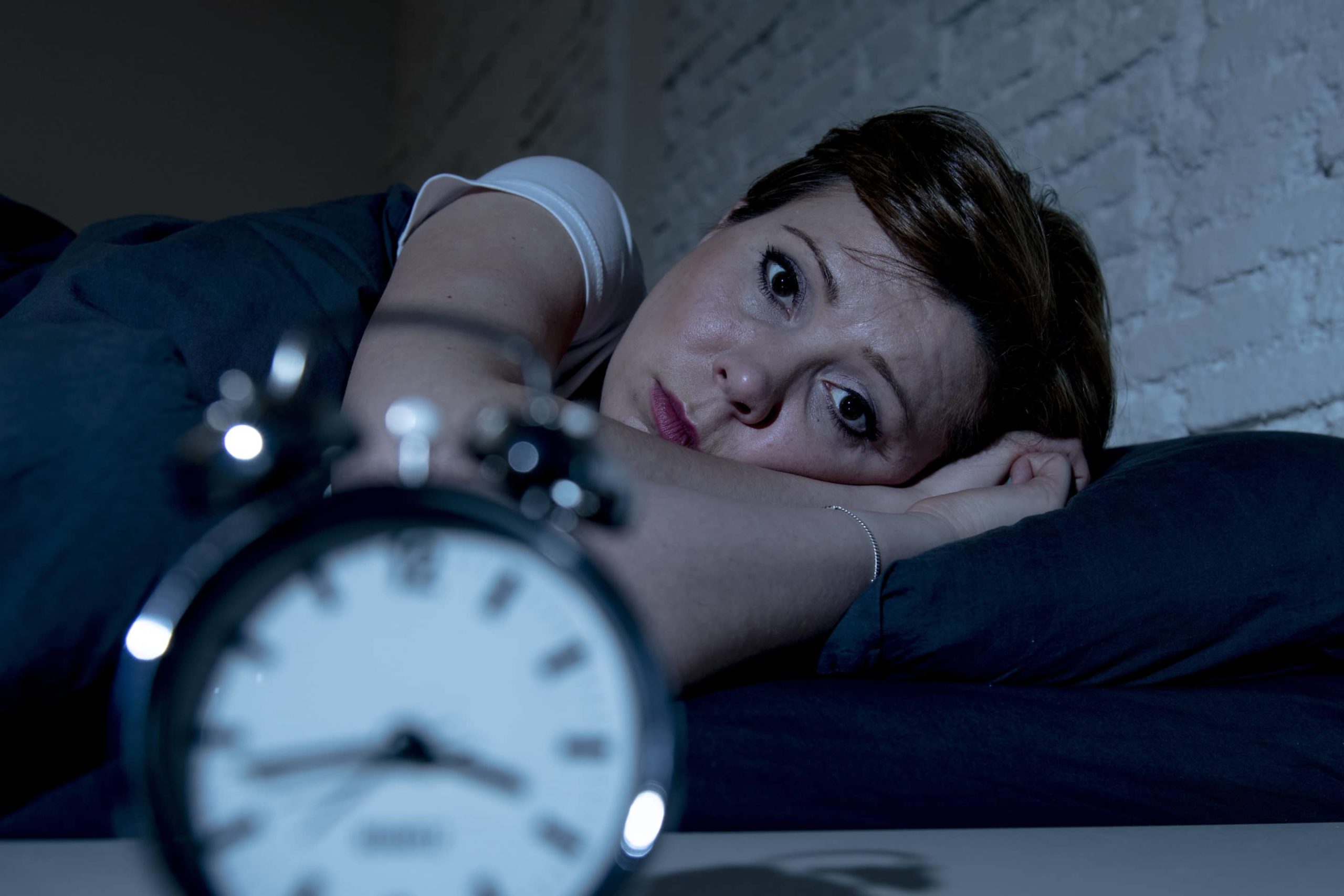Insomnia
Insomnia is a common sleep disorder that makes it difficult to fall asleep, stay asleep, or get restful sleep, even when the opportunity to sleep exists. It can lead to fatigue, mood disturbances, poor concentration, and reduced quality of life. While short-term insomnia may result from stress or lifestyle changes, chronic insomnia often requires medical attention.
Types of Insomnia:
- Acute Insomnia: Short-term, often due to stress or changes in routine
- Chronic Insomnia: Occurs at least three nights a week for three months or longer
- Onset Insomnia: Difficulty falling asleep
- Maintenance Insomnia: Difficulty staying asleep or waking too early
Common Causes of Insomnia:
- Stress, anxiety, or depression
- Poor sleep habits or irregular sleep schedule
- Caffeine, alcohol, or nicotine consumption
- Overuse of electronic devices before bedtime
- Medical conditions (chronic pain, asthma, acid reflux, etc.)
- Hormonal changes or aging
- Side effects of certain medications
Symptoms of Insomnia:
- Difficulty falling or staying asleep
- Waking up too early
- Feeling tired or unrefreshed after sleep
- Daytime fatigue, mood changes, or irritability
- Trouble focusing or remembering things
Treatment & Management:
- Cognitive Behavioral Therapy (CBT-I) – the most effective long-term treatment
- Sleep hygiene education (regular sleep schedule, screen time reduction)
- Stress management techniques (meditation, journaling, deep breathing)
- Lifestyle modifications – limiting caffeine/alcohol, daily physical activity
- Medication – short-term use if prescribed by a doctor

